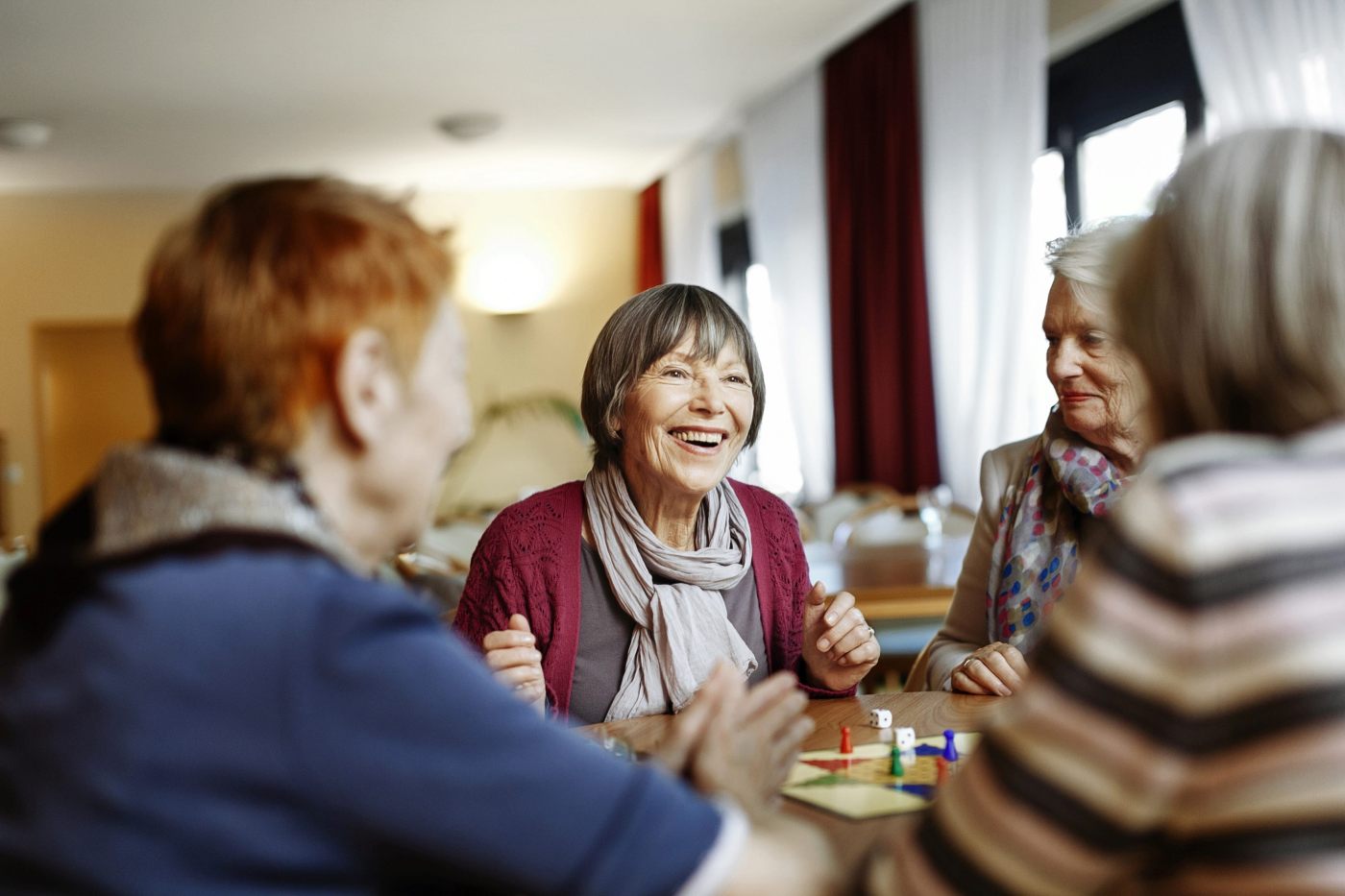
Keilson & Seckel-Cerrotti: Fighting the epidemic of loneliness in U.S.
Singer-songwriter Carole King had it right: It’s good to know you’ve got a friend. Especially now, in the midst of what the U.S. Surgeon General has called, in a 2023 report, “an epidemic of loneliness and isolation” in the United States. Research has shown that having friends is good for your health, staves off anxiety and depression, and even reduces the need for medical care. Any heavy lift is lighter when someone is lifting with you.
The Surgeon General’s report warns that the physical consequences of loneliness and poor connection can be devastating and include a 29% increased risk of heart disease; a 32% increased risk of stroke; and a 50% increased risk of developing dementia for older adults. In stark terms, the report notes that lacking connection can actually increase one’s risk for premature death to levels that compare with smoking 15 cigarettes a day.
To us, these findings were concerning but not surprising. We’ve seen what can happen to people who are without a friend or any kind of meaningful personal connection. They may lose interest in their daily lives, become depressed, anxious or fearful. They may stop taking care of themselves or keeping their surroundings clean. They may forgo getting exercise or going to medical or dental checkups and appointments. Behind closed doors, these members of our community languish, sad and alone.
This kind of loneliness and isolation not only has a personal cost, it has a steep economic cost, and policymakers have begun to take notice. We’ve seen new efforts to strengthen social infrastructure like public spaces, local parks and libraries. The health care sector is starting to address medical needs that stem from loneliness, and forward-thinking insurers are developing programs to address social isolation. Some political leaders have recognized the issue as a public health concern, with Britain and Japan each appointing a Minister for Loneliness.
Loneliness is preventable and that’s why Advocates began the Friendship Project, with support from the Mass. Department of Developmental Services, that helps individuals with mental illness, brain injury, developmental disabilities, autism or other conditions connect with companions who volunteer to take an active role in their lives.
The program screens and trains volunteers, then allows the relationships – even friendships – to blossom on their own. It could be talking on a weekly phone call, joining a gym workout, taking a walk in the park, or helping with grocery shopping. Some people with disabilities have support from paid caregivers but they lack nearby family or everyday friends.
FriendshipWorks, an agency in Boston committed to ending elder isolation, will soon mark 40 years matching older adults to volunteers in their community. A FriendshipWorks friend can be a consistent presence in the life of an older person alone at home. Services are free and volunteers determine their time commitment. They may visit once a week to drink coffee, share stories or go for a walk, or a volunteer might provide short-term assistance to older adults who need someone to go to the post office or pick up library books. Over time, both people grow and learn from each other, often becoming great friends. In fact, some friendship “matches” created and nurtured by FriendshipWorks have lasted decades.
Those of us who have been working in this field wholeheartedly welcome the interest and advancements we are seeing across many sectors. On a personal level, we believe that each of us can do something to create a culture of connection, to be a friend to someone who needs one. And committing an act of caring can help us live healthier, more productive and more fulfilling lives ourselves.
No matter our age or ability, we all like to have some companionship. It is a fundamental human need to connect socially, and history has shown that connection is as important to survival as food, water and shelter. And making that connection can start today. It’s doable and it’s not difficult. For someone on their own, just knowing there is a person who cares enough to check in can make all the difference.
As the song goes, “All you have to do is call, and I’ll be there. You’ve got a friend.”
Jeff Keilson is a Senior Vice President for Advocates, a Framingham-based nonprofit organization helping people facing a broad range of life challenges. Janet Seckel-Cerrotti is Executive Director of FriendshipWorks, a Boston-based agency focused on reducing social isolation, improving quality of life, and maintaining the dignity of older adults.


